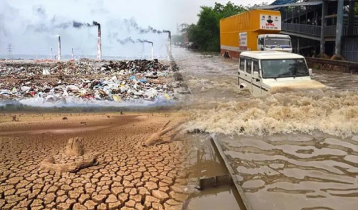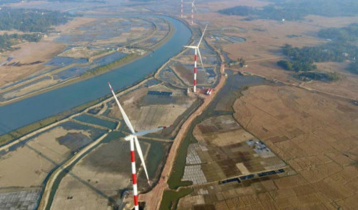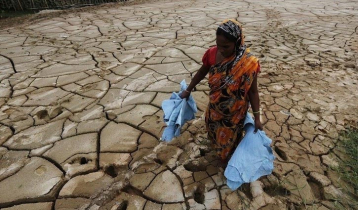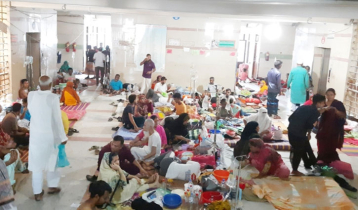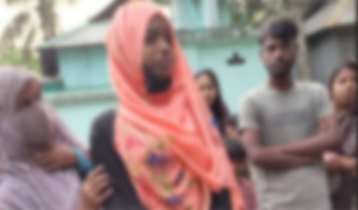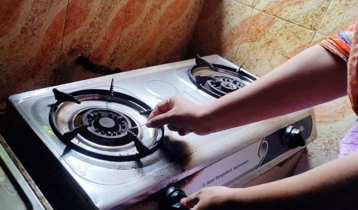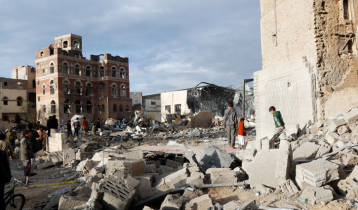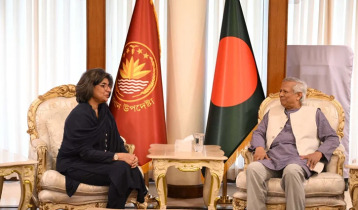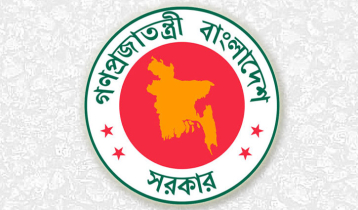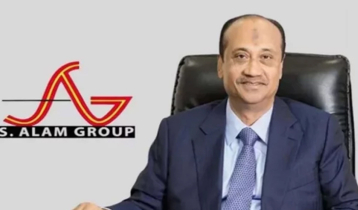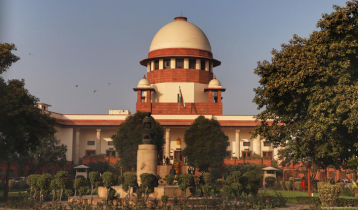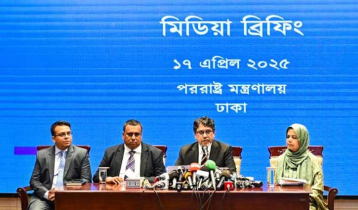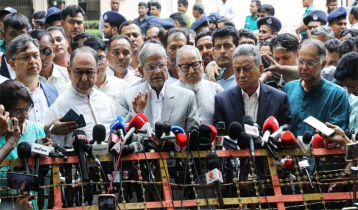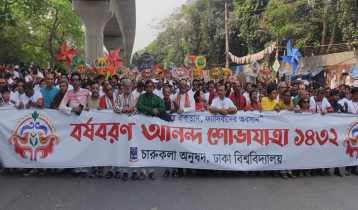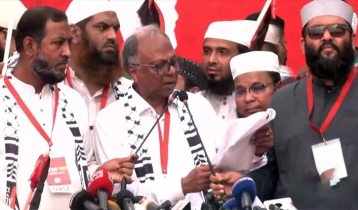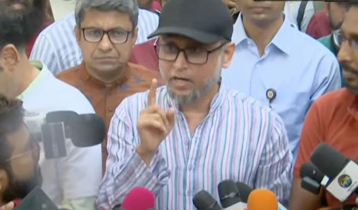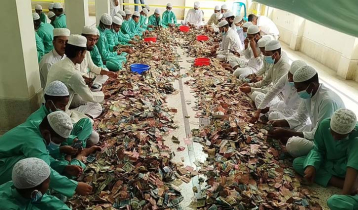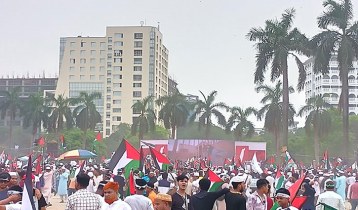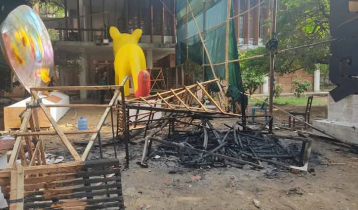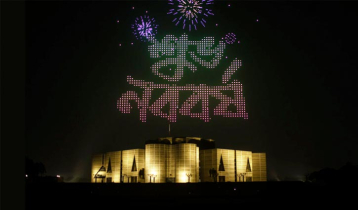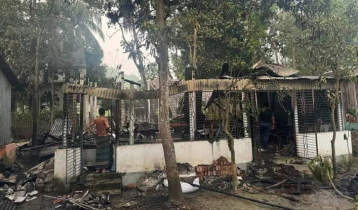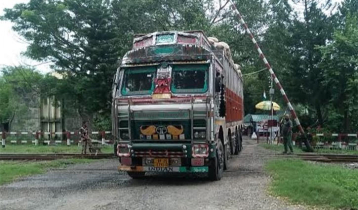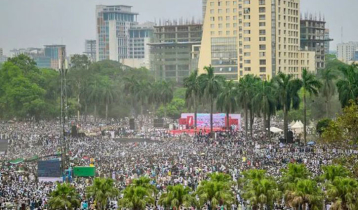Revival of economy
Second banking reforms needed to control NPL
Khan A Mamun || risingbd.com

In every economy, especially in the developing countries like Bangladesh, an effective and well-functioning banking industry is absolutely essential. The banking industry contributes to the economic development by mobilizing the surplus funds ranging from micro unit to macro unit and providing those collected funds to the potential productive units in the forms of loans and advances.
Generally, loans and advances become overdue for a well-defined time usually for 90 days and above, then it becomes nonperforming loans (NPL). Non-performing loans are assets of the banks as those fail to generate any revenue for the banks, rather it consumes the earnings of other performing loans in the form of fulfilling the provisioning requirement.
It is well acknowledged that the increase of non-performing loans both in quantity and percentage is connected to either financial crisis or banks’ failures or both in every country across the globe whether it is developing or developed. In Bangladesh, NPL has now become a great problem. More than 10 banks are running with huge liquidity crisis due to NPL. For this reason, it is creating a negative impact on customers’ confidence.
It is alarming news that the Bangladesh’s banking sector is the second-highest in non-performing loans (NPL) among the countries in South Asia. Lenders continue to face multiple challenges like scams, a lack of corporate governance and borrowers’ growing reluctance to pay installments regularly.
Only Sri Lanka is ahead of Bangladesh. But the Sri Lankan new government took few steps to control NPL and to boost up reserve. For this reason, Sri Lanka is doing well to control NPL. On the other hands, Bangladesh has no initiative to control NPL in the financial sector. The country’s banking sector is facing a mountain pressure due to the load of NPLs or classified loans, and it weakening the financial health.
In fact, the actual size of the stressed assets in banks would be much higher than the NPL amount if the volumes of loan rescheduling, under-trial disputed loans and write-offs are taken into account.
Not only in the banking sector but also in the non-bank financial institutions (NBFIs), the ratio of NPL is the highest in Bangladesh, with Sri Lanka coming second, according to a World Bank report, which was released recently. The report comes at a time when defaulted loans resulting from factors, namely scams and a lack of corporate governance. Banks’ non-performing loan (NPL) volume reaches a record-high of over Tk 2.11 trillion as off last June-end, official statistics show, and economists worry over its domino effect.
Now it is the time to perform the second banking reforms. First big reform was carried out in 90’s. The government directed the nationalized commercial banks to lend to unprofitable state owned enterprises and limit policy guidelines for banks. Banks were allowed to classify their assets at their own judgments regarding ‘loan classification and provisioning’, and use accrual policies of accounting for recording interest income of NPL.
In the 1990s, however, a broad based financial measure was undertaken in the name of FSRP4, enlisting the help of World Bank to restore financial discipline. Since then, the banking sector has adopted “prudential norms” for loan classification and provisioning. Other laws, regulations and instruments such as loan ledger account, lending risk analysis manual, ICRR, performance planning system, interest rate deregulation, the Money Loan Court Act 1990 have also been enacted to promote sound, robust and resilient banking practice. Few non-legal measures that banks can take to recover non-performing loans include communication with borrowers, persuasion by offering incentives or pressure through guarantors, recovery campaigns, and appointing recovery agents. Most of the branch managers or bank officials are not interested to take non-legal measures to recover non-performing loans.
In the last three decades, the government didn’t take major steps to reform the banking sector. On the other hand, amendment to banking act has given special facilities to shareholders, as a result it becomes a private property. But Banks are a public property because those are run by money of depositors. Recently The World Bank has expressed its commitment to help the reform agenda of the interim government. World Bank can mobilize about $2 billion new financing in this fiscal year to support critical reforms timely and boldly reforms. So, we can say it is the time for second banking sector reforms to control NPL to revive our economy. All the depositors are awaiting for a big change in the banking sector.
The writer is a journalist
Dhaka/Mukul

